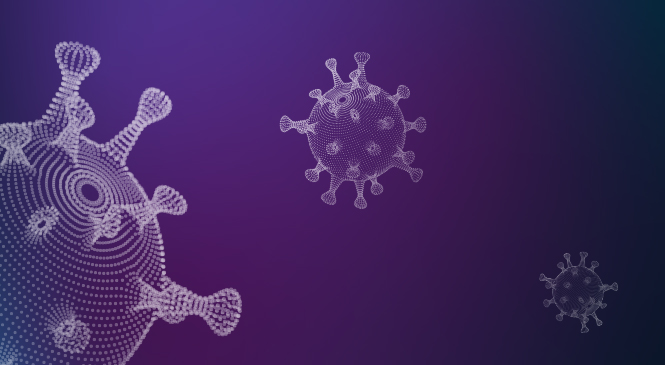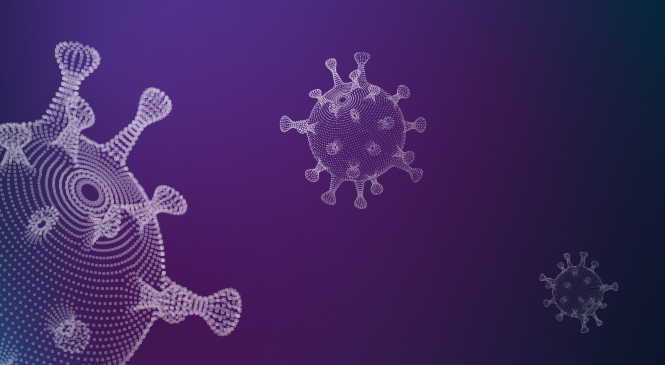Global Point of Care
The Importance of Identifying Acute HIV Infection (AHI) in Turning the Tide on HIV Transmission



Summary
Despite significant improvements in diagnostics, therapeutics, and prophylaxis for HIV, the number of new cases of HIV infections remains worryingly high. People who have been recently infected with HIV have been identified as the predominant drivers of new infections. For us to reach the global goal of ending AIDS by 2030, specific attention needs to be paid to identifying and treating individuals who are recently infected and their contacts.
This webinar will describe the diagnostic gap that exists because of the failure to identify AHI, describe the characteristics of people at risk of having AHI, and discuss diagnostic approaches to identifying AHI.
Learning Objectives
- Define acute HIV infection, identify individuals at risk of acquiring AHI and quantify the increased transmission rate of AHI.
- Discuss better patient outcomes through early detection, treatment, and utilization of preventive programs.
- Share best practices and testing strategies to help reach the 95-95-95 goal and end AIDS by 2030.
Author
Dr. Leandro A. Mena, MD, MPH, FIDSA
Dr Mena is a physician and public health expert with extensive experience in infectious diseases and sexual health. As the Owner and Senior Consultant at All-In Health Solutions LLC, Dr. Mena continues to lead initiatives that advance healthcare services for underserved populations. His career spans various influential roles, including Director of the Division of STD Prevention at the CDC and multiple professorships at the University of Mississippi Medical Center.
A prolific researcher and advocate, Dr. Mena has contributed significantly to the field through numerous publications and leadership in national health committees. His dedication to addressing health disparities and promoting culturally competent care has earned him numerous awards and recognition, making him a respected authority in public health and sexually transmitted infections.
Who Should Watch
Physicians, Nurses, Laboratorians treating AHI.



